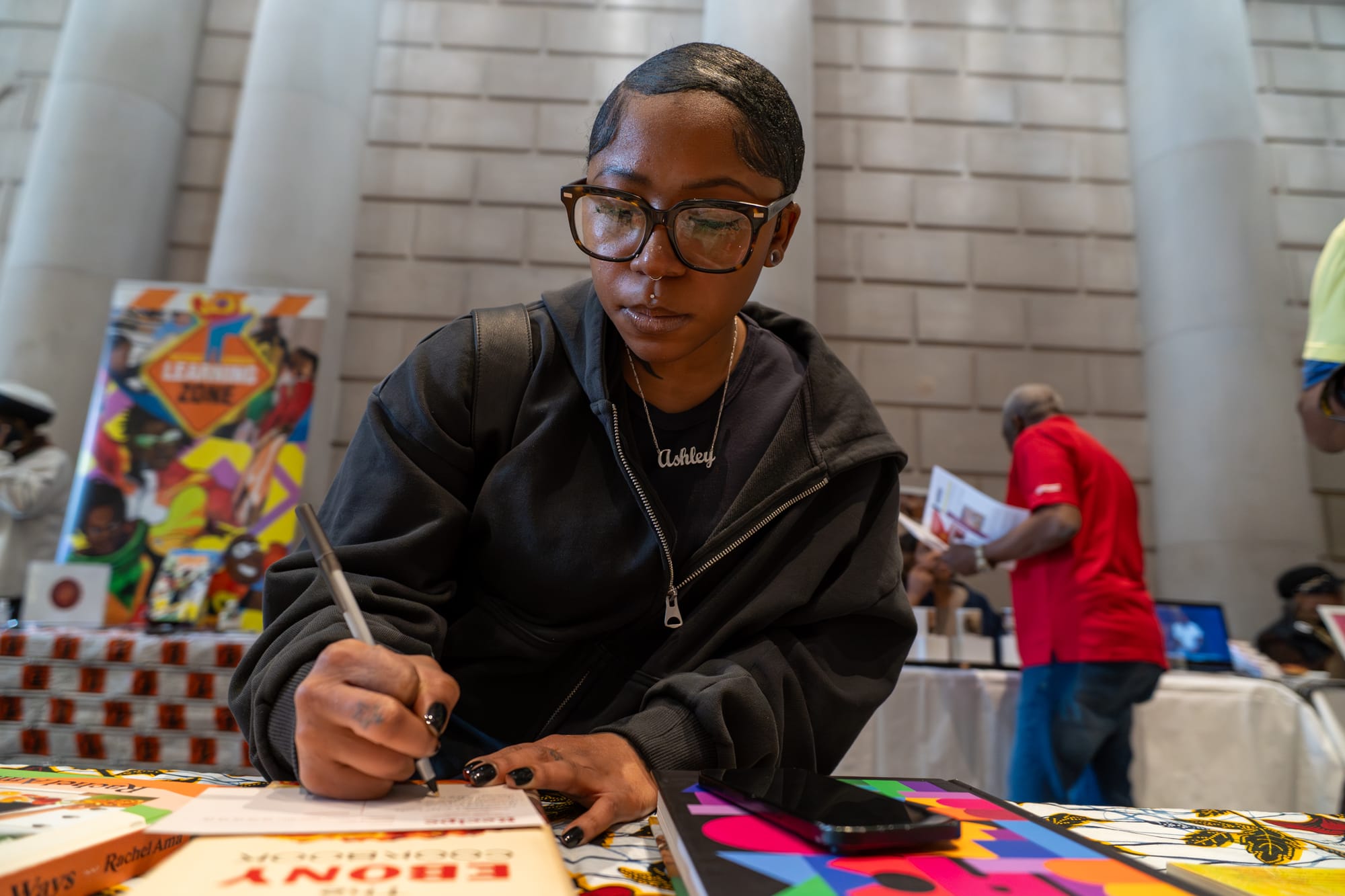Reversible Contraceptives: A Critical Lifeline for Reproductive Justice
It’s no secret that the city of Philadelphia is known to be a hotbed for sexually transmitted infections (STIs). Quite frankly, it has been discussed, dissected, and documented for years, and still, the STI rates in Philly show no signs of coming down.
Philly, it’s time for us to have the talk. Yes, that talk. The sex talk. Philadelphia is a city that is impacted by a lack of comprehensive sexual education, lack of reproductive justice initiatives, a lack of sexual health resources across demographics, and a lack of general information about healthy sexual behaviors.
Making sure that Philadelphia is not further forgotten about when having national discussions about these topics is imperative but will likely only become more exacerbated under the upcoming Trump presidency. If we have learned anything about what happens to underserved communities when entities who are in charge of them do not champion their needs, we see them plateau and, even worse, decline in a way that makes an upward trajectory nearly impossible to achieve.
A 2021 Philadelphia Inquirer article talked about the lack of comprehensive sexual education across the entire state of Pennsylvania, and as a very Black and known to be “America’s poorest big city,” it would be an obvious leap to make the connection that the effects of these facts alone disproportionately impact residents of Philadelphia, especially our most vulnerable populations, the low-income, the Black, and the brown.
It’s no secret that the city of Philadelphia is known to be a hotbed for sexually transmitted infections (STIs). Quite frankly, it has been discussed, dissected, and documented for years, and still, the STI rates in Philly show no signs of coming down. I’ve had friends who are doctors tell me about it in passing when I discuss dating as a 20-something in Philly. I’ve had my grandparents make off-the-cuff comments alluding to the fact that certain neighborhoods in Philadelphia have high rates of certain STIs, and I’ve seen it from the Centers for Disease Control and Prevention (CDC) in their backing of Innerbody’s research and report that ranks Philadelphia as the No. 1 city in the United States with the highest sexually transmitted disease (STD) rates.
When people think of reversible contraceptives, their minds immediately go to intrauterine devices (IUDs) and birth control implants, but those are considered long-acting reversible contraceptives (LARCs). While those are great options, they are not always easily accessible. As mentioned, Philadelphians are having a difficult time even getting information about various forms of both birth control and products that can be used to make sure they are sexually healthy. One of the most simple and effective forms of reversible contraceptives is condoms. A man puts a condom on, while he uses it, it is a form of contraception. He takes it off, and it reverses the fact that he was just using something that protects him from creating an unwanted or accidental pregnancy.
As we saw with Trump’s previous presidency, he emboldens a certain type of thought process that belittles, disregards, silences, and hurts women. He, himself, is a man who doesn’t care about a woman’s right to her body. Under his administration, they were able to overturn Roe v. Wade, and with that came an onslaught of beliefs, statements, and decisions to further tighten the grip on women’s and girls’ rights to do with their bodies as they wish. A Trump presidency also saw the rise of conservatism and Christianity. People who once may have been reasonable are now fearful of LGBTQIA+ people and abortion, an issue that is incredibly magnified in comparison to the actual potential impact of these things on their livelihoods. Thus, being able to have access to quality, unbiased sexual health information could begin to wane.
In this age of internet dating, catfishing, and situationships, it is so important that people understand what choices they have when it comes to sex, love, and relationships. It’s essential to remember that if all forms of LARCs ever disappear, we’ll always have access to the standard condom being sold at local gas stations, corner stores, and drugstores. It is a testament and ode to always having some semblance of choice when it comes to our bodies and our sexual and reproductive health.




